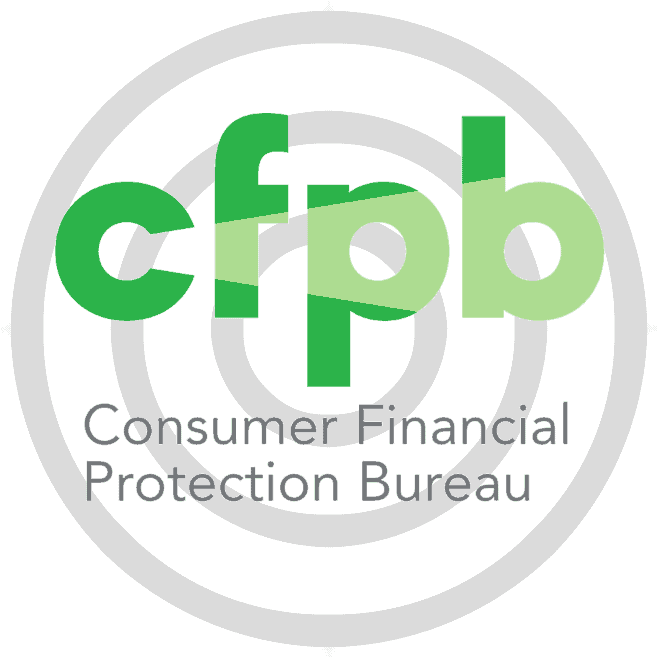Narrowly Address Fair Lending Requirements to Spare Impact on Small Business

This post is the third in a 10-part series on reform proposals for the Consumer Financial Protection Bureau. See below for previous posts.
 In my last post, I discussed the problems with the Equal Credit Opportunity Act’s “disparate impact” liability. The problems with ECOA, however, do not stop there. Section 1071 of the Dodd-Frank Act, for example, amended ECOA to require financial institutions to collect, report, and make public certain information concerning credit applications made by women- and minority-owned small businesses. The purpose of the amendment is twofold:
In my last post, I discussed the problems with the Equal Credit Opportunity Act’s “disparate impact” liability. The problems with ECOA, however, do not stop there. Section 1071 of the Dodd-Frank Act, for example, amended ECOA to require financial institutions to collect, report, and make public certain information concerning credit applications made by women- and minority-owned small businesses. The purpose of the amendment is twofold:
- To facilitate enforcement of fair lending laws; and
- To enable communities, governmental entities, and creditors to identify business and community development needs and opportunities of women-owned, minority-owned, and small businesses.
The bureau is yet to promulgate a rule to implement Section 1071, despite being required to by statute. It has been in development for many years and is currently considered a “long-term action” by the bureau. This may be an example of what law professor Paul Mahoney calls a “regrettable” regulatory reform, where agencies refuse to promulgate regulations required by Congress as they would be excessively burdensome or disruptive.
However, pressure is mounting on the bureau to move ahead. The California Reinvestment Coalition, for instance, recently filed a lawsuit seeking to force the bureau to promptly issue a rule. Under the Administrative Procedure Act, 5 U.S. Code § 706(1), courts are empowered to “compel agency action unlawfully withheld or unreasonably delayed.”
Whether the lawsuit is successful or not, the bureau must develop a regulation at some point. And when they do, it will be important to consider some of the severe unintended consequences that may arise from an overly broad rulemaking.
ECOA was originally conceived to prevent discrimination in the granting of credit to individuals. Yet Section 1071 expands the law to also cover small businesses. This is problematic, because commercial lending is a completely different animal from consumer lending.
Lenders’ predominant consideration in determining whether a consumer is a good credit risk for a personal loan or credit card is the consumers’ credit history and ability to repay. To make this determination, lenders typically review a consumer’s credit score and conduct a debt-to-income calculation. But the process for underwriting a small business loan is completely different.
Unlike consumer credit products that typically involve a limited number of variables in the underwriting process, lending to small businesses is highly tailored and dependent on any number of relevant variables, such as local economic conditions, the competitiveness of a specific industry, assessments of the businesses profitability and longevity, the lender’s risk profile, and a host of other factors.
Community banks, the largest suppliers of credit to small businesses, commonly employ “soft information” in underwriting a loan, as many of their small business clients lack the established credit histories suitable for the kind of quantitative analysis conducted by larger banks. Community banks have a competitive advantage in personalized, relationship-based lending grounded in local knowledge. This can lead to a variety of different decisions by a loan officer, which are not so easily understood in the abstract. A loan priced properly for risk may be acceptable to one institution and not acceptable to another.
Small business lending decisions are not easily placed into government-mandated boxes for purposes of identifying discrimination. Soft information allows a bank to offer more personalized services. As each small business has unique credit needs, small business lending does not require a standardized application process. Current lending practices would not conform to the data collection efforts mandated by Section 1071, let alone provide reliable information for fair lending enforcement actions. This is precisely why a recent investigation into the banking sector in Australia recommended against a similar reform, extending the National Consumer Credit Protection Act to small business lending, despite recommending other drastic consumer protection measures.
Creating an ECOA liability standard for commercial loans will damage the relationship-based lending model employed by small banks, and shift toward a model where only businesses with established credit scores are considered for loans. Given that small businesses are the backbone of local economies, and small banks are the backbone of small business lending, such a shift could devastate local economies.
Fortunately, while the bureau is statutorily required to promulgate a rule under Section 1071, it has broad discretion in implementation. The law states at 15 U.S. Code § 1691c–2 (g) (2):
The Bureau, by rule or order, may adopt exceptions to any requirement of this section and may, conditionally or unconditionally, exempt any financial institution or class of financial institutions from the requirements of this section, as the Bureau deems necessary or appropriate to carry out the purposes of this section.
The bureau should make careful use of this authority. As noted, an overly broad implementation of Section 1071 would be self-defeating. A law designed to protect women- and minority-owned businesses would likely serve to inadvertently discourage lending to those businesses. Further, the increased burden of data collection and compliance programs, combined with the risk of potential enforcement actions, may even drive lenders out of the business.
Previous posts on reform proposals for the Consumer Financial Protection Bureau: